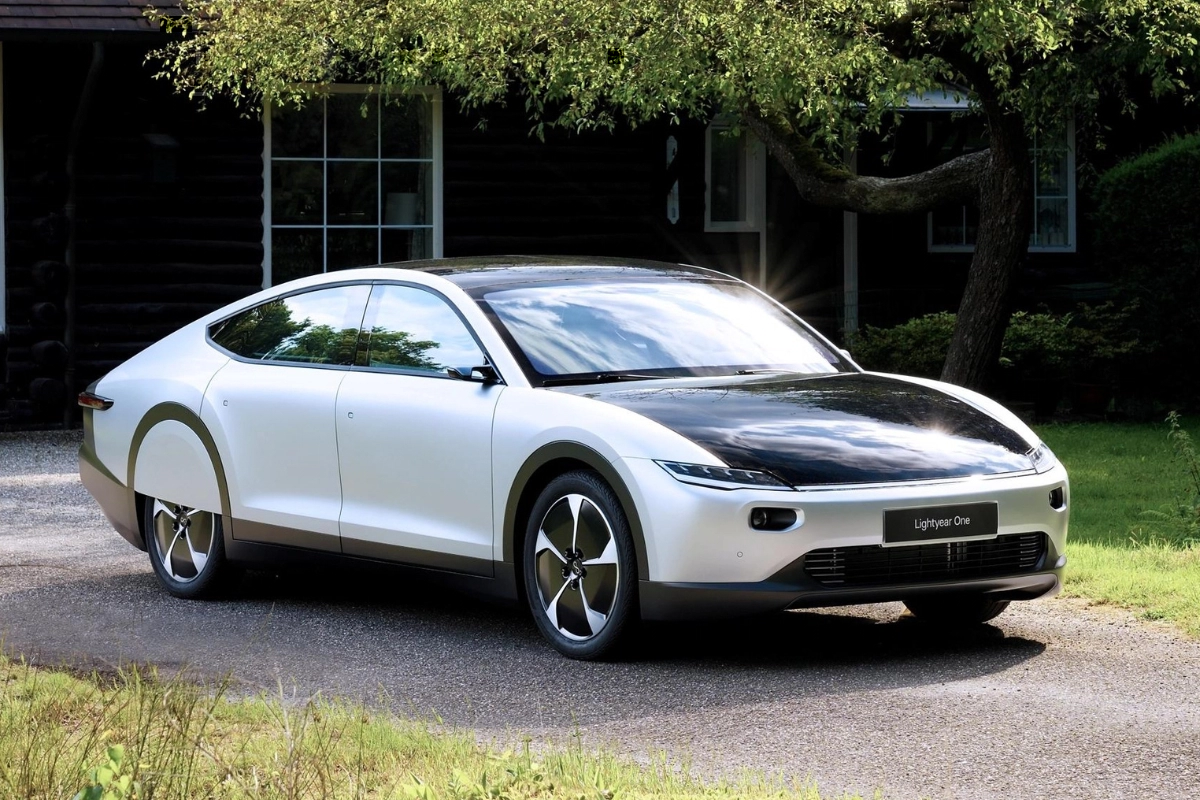Making the transition to solar power is an excellent method of lowering your electricity expenses and encouraging sustainability. But before installing rooftop solar (RTS), it’s important to weigh the pros and downsides in order to make an informed decision.
Pros of Installing Solar Rooftop Panels
Cost Savings
One of the primary benefits of installing rooftop solar panels is the potential for significant cost savings on electricity bills. A 1 kW solar panel system produces approximately 120 kWh of energy per month. Given the average electricity price of Rs 7 per unit, a 3 kW solar plant can save you around Rs 30,240 annually. Over time, these savings can offset the initial setup costs and result in substantial financial benefits.
Government Subsidies
Significant financial aid is provided by the PM Surya Ghar Muft Bijli Yojana to promote household solar energy installations. A subsidy of Rs 30,000 per kW up to 2 kW and Rs 18,000 per kW for extra capacity up to 3 kW is available to you under this plan. However, for systems greater than 3 kW, the total subsidy is limited to Rs 78,000. The initial outlay is greatly decreased by these incentives, increasing the accessibility of solar energy.
Environmental Benefits
One clean, renewable energy source that can help you lessen your carbon impact is solar energy. Making the move to solar energy helps to promote a more sustainable future by lowering greenhouse gas emissions and dependence on fossil fuels.
Energy Independence
Increased energy independence can be achieved by installing solar panels. By producing your own energy, you lower your dependency on the grid and defend against power interruptions and rising electricity prices.
Increase in Property Value
Properties with solar panels typically enjoy a rise in value. Your property will look more enticing to buyers in the real estate market if it has sustainable energy solutions and lower power expenses.
Cons of Installing Solar Rooftop Panels
High Initial Investment
The upfront cost of installing solar panels can be significant. For instance, a 1 kW setup costs around Rs 90,000, a 2 kW setup is approximately Rs 1.5 lakh, and a 3 kW setup costs around Rs 2 lakh. Despite the long-term savings, the initial expenditure can be a barrier for many homeowners.
Dependency on Weather Conditions
Sunlight is necessary for solar panels to produce power. Weather factors like overcast days or a lot of rain can have an impact on their efficiency and cause variations in energy output. Even though contemporary solar panels are quite efficient, factors like location and season still matter.
Space Requirements
Enough rooftop space is needed for solar panel installation. Installing a system that fulfils the energy demands of a home might be difficult in cases where the roof is small or when there are regions under shade. To make sure the roof can sustain the weight of the panels, it is also necessary to evaluate the structural integrity of the roof.
Maintenance and Repairs
Although solar panels don’t need much maintenance, they do occasionally need to be cleaned and inspected to guarantee maximum performance. The effectiveness of the solar panels might be impacted by dust, dirt, and bird droppings. Moreover, inverters and other parts could eventually need to be replaced or repaired, raising the expense of upkeep.
Subsidy Limitations
Your installation needs to fulfil certain requirements in order to be eligible for subsidies. For example, solar panels made in India are the only ones that qualify, and the installation cannot exceed 85% of your approved load. Financial setbacks are unavoidable if these requirements are fulfilled.
Keep watching our YouTube Channel ‘DNP INDIA’. Also, please subscribe and follow us on FACEBOOK, INSTAGRAM, and TWITTER.







